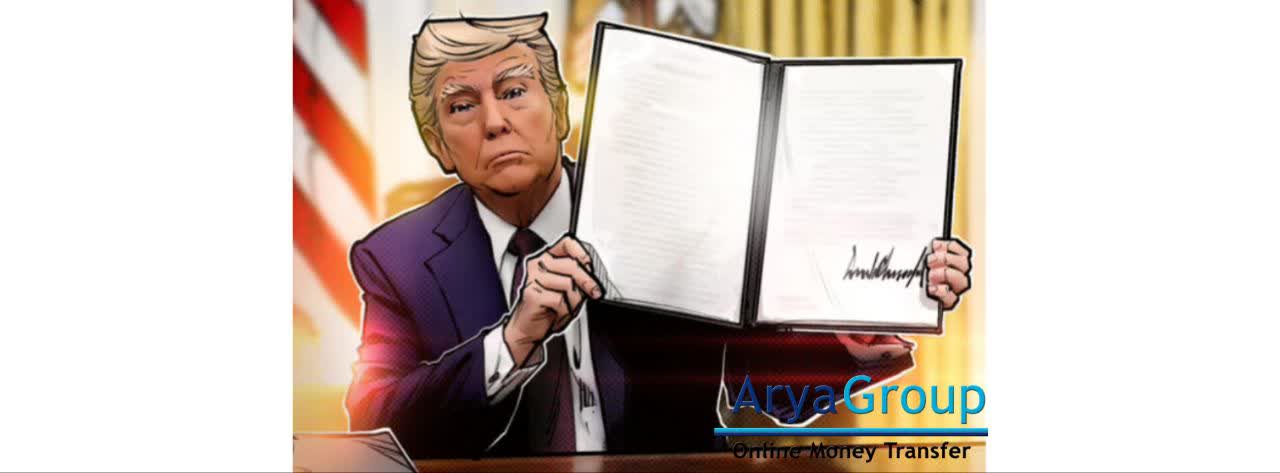Trump Tariffs Shake Global Trade

Are Donald Trump’s tariffs legally questionable?
Thirteen states are suing the federal government over his "Liberation Day" tariff initiative, with early indications that they might succeed. This could have implications for the cryptocurrency market.
Recently, President Trump, speaking from the White House, advised families to cut back on gift-giving this year, suggesting that children might receive fewer dolls, which could cost more. However, small toy stores, such as Mischief Toy Store in Minnesota, have already filed lawsuits challenging his emergency tariff plan. Over April, a wave of lawsuits from 13 states emerged, questioning the legality and constitutionality of Trump’s tariffs.
The legal foundation of Trump’s tariffs lies in congressional delegation. While the president cannot unilaterally impose tariffs under the Constitution, Congress has historically delegated authority to set tariffs through legislation, such as the Tariff of Abominations, the Dingley Tariff, and the Smoot-Hawley Tariff. The Smoot-Hawley Tariff of 1930, in particular, is associated with worsening the Great Depression. Later, the Reciprocal Trade Agreement Act of 1934 allowed the president to negotiate tariffs reciprocally with other nations.
However, Trump’s tariffs are unilateral, not reciprocal, and rely on the International Emergency Economic Powers Act (IEEPA) of 1977, which was originally intended for sanctions, not tariffs. This law allows the president to declare national emergencies and respond with economic measures, including sanctions and restrictions on foreign transactions. Trump has invoked this law to impose tariffs on multiple countries by claiming a national emergency caused by trade deficits and unfair practices. Many legal experts argue this use exceeds the law’s intended scope.
Legal challenges focus on two main points: (1) whether the IEEPA authorizes such tariffs, and (2) whether delegating broad powers to the president violates constitutional principles. The states argue that the tariffs are unrelated to the declared emergency and that the broad delegation of authority violates the nondelegation doctrine. Historically, courts have been reluctant to strike down such delegations, but recent legal arguments suggest the tariffs may be illegal.
The outcome of these lawsuits could influence future trade policies and the legal boundaries of presidential authority. The courts are considering whether the issue is justiciable, with some arguing that it involves political questions outside judicial review. The Trump administration claims these decisions are nonreviewable.
Regarding cryptocurrency, the impact is uncertain. Tariffs typically target goods, not digital assets or services, leaving cryptocurrencies outside traditional trade restrictions. Despite market volatility, Bitcoin has seen gains, and if Trump continues with restrictive trade policies, it could accelerate the use of crypto as an international trade medium.
 English
English
 فارسی
فارسی

Add New Comment